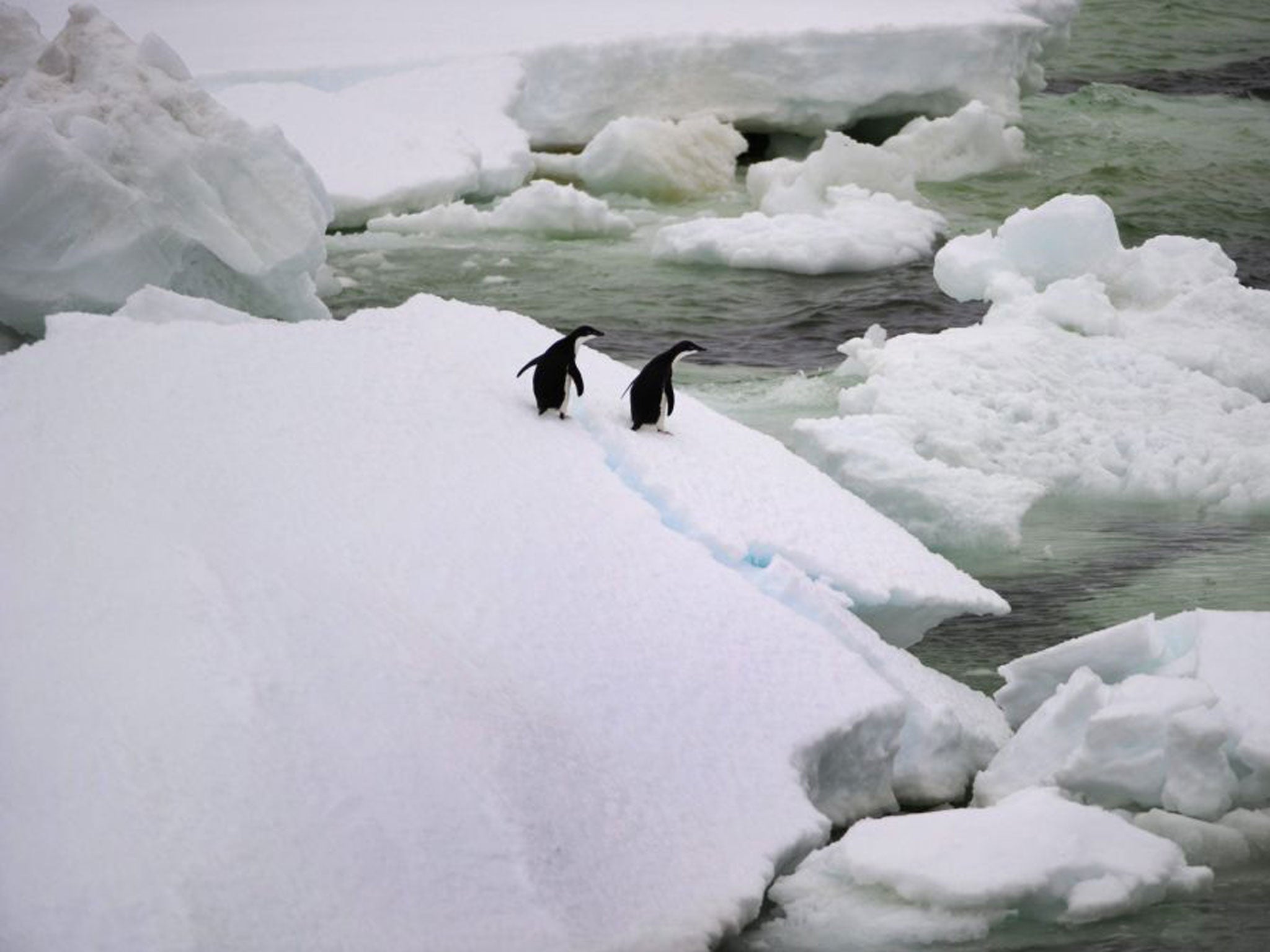Science moves step closer to developing hydrogen as cheap and clean energy form
Scientists have harnessed the principles of photosynthesis to develop a new way of producing hydrogen – in a breakthrough that offers a possible solution to global energy problems.

Scientists have harnessed the principles of photosynthesis to develop a new way of producing hydrogen – in a breakthrough that offers a possible solution to global energy problems.
The researchers claim the development could help unlock the potential of hydrogen as a clean, cheap and reliable power source.
Unlike fossil fuels, hydrogen can be burned to produce energy without producing emissions. It is also the most abundant element on the planet.
Hydrogen gas is produced by splitting water into its constituent elements – hydrogen and oxygen. But scientists have been struggling for decades to find a way of extracting these elements at different times, which would make the process more energy-efficient and reduce the risk of dangerous explosions.
In a paper published today in the journal Nature Chemistry, scientists at the University of Glasgow outline how they have managed to replicate the way plants use the sun’s energy to split water molecules into hydrogen and oxygen at separate times and at separate physical locations.
Experts heralded the “important” discovery yesterday, saying it could make hydrogen a more practicable source of green energy.
Professor Xile Hu, director of the Laboratory of Inorganic Synthesis and Catalysis at the Swiss Federal Institute of Technology in Lausanne, said: “This work provides an important demonstration of the principle of separating hydrogen and oxygen production in electrolysis and is very original. Of course, further developments are needed to improve the capacity of the system, energy efficiency, lifetime and so on. But this research already offers potential and promise and can help in making the storage of green energy cheaper.”
Until now, scientists have separated hydrogen and oxygen atoms using electrolysis, which involves running electricity through water. This is energy-intensive and potentially explosive, because the oxygen and hydrogen are removed at the same time.
But in the new variation of electrolysis developed at the University of Glasgow, hydrogen and oxygen are produced from the water at different times, thanks to what researchers call an “electron-coupled proton buffer”. This acts to collect and store hydrogen while the current runs through the water, meaning that in the first instance only oxygen is released. The hydrogen can then be released when convenient.
Because pure hydrogen does not occur naturally, it takes energy to make it. This new version of electrolysis takes longer, but is safer and uses less energy per minute, making it easier to rely on renewable energy sources for the electricity needed to separate the atoms.
Dr Mark Symes, the report’s co-author, said: “What we have developed is a system for producing hydrogen on an industrial scale much more cheaply and safely than is currently possible. Currently much of the industrial production of hydrogen relies on reformation of fossil fuels, but if the electricity is provided via solar, wind or wave sources we can create an almost totally clean source of power.”
Professor Lee Cronin, the other author of the research, said: “The existing gas infrastructure which brings gas to homes across the country could just as easily carry hydrogen as it currently does methane. If we were to use renewable power to generate hydrogen using the cheaper, more efficient decoupled process we’ve created, the country could switch to hydrogen to generate our electrical power at home. It would also allow us to significantly reduce the country’s carbon footprint.”
Nathan Lewis, a chemistry professor at the California Institute of Technology and a green energy expert, said: “This seems like an interesting scientific demonstration that may possibly address one of the problems involved with water electrolysis, which remains a relatively expensive method of producing hydrogen.”
Thaw point at Antarctic Peninsula
Summer ice is melting at a faster rate in the Antarctic Peninsula than at any time in the past 1,000 years, research has shown.
The evidence comes from a 364m ice core containing a record of freezing and melting over the previous millennium. Layers of ice in the core, drilled from James Ross Island, near the northern tip, indicate periods when summer snow on the ice cap thawed and then refroze.
Lead researcher Dr Nerilie Abram, from the Australian National University and British Antarctic Survey, said the melting there is now “at a level that is higher than at any other time over the last 1,000 years”.
Join our commenting forum
Join thought-provoking conversations, follow other Independent readers and see their replies
0Comments